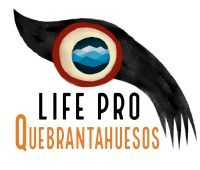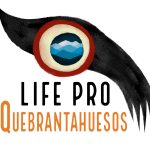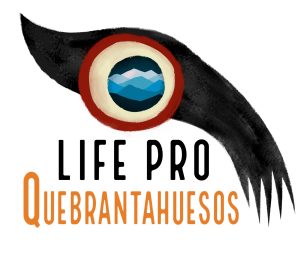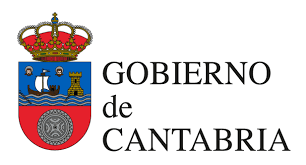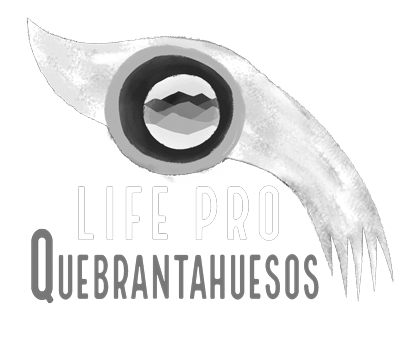Networking with Portugal
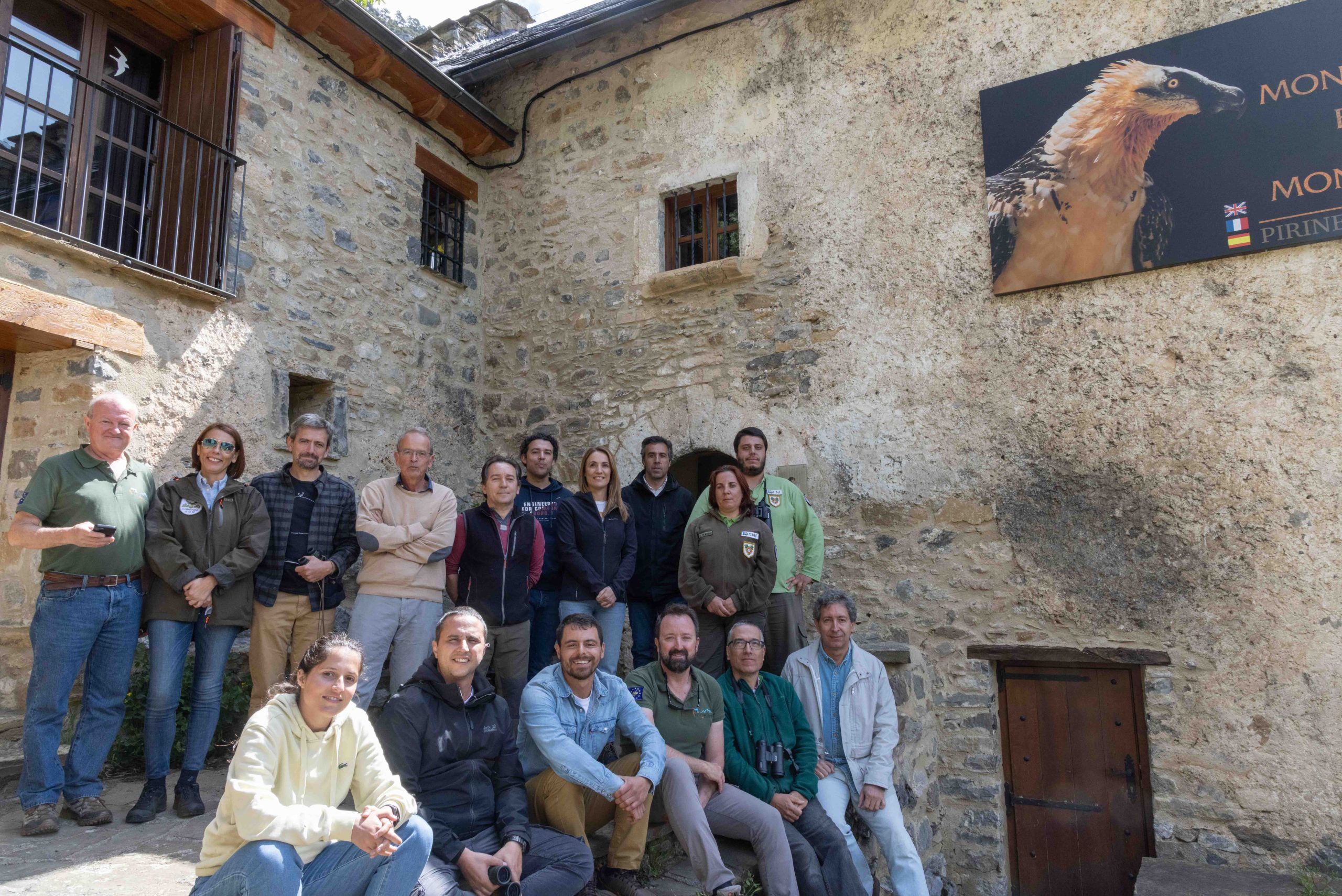
At the end of May, a large multidisciplinary group of Portuguese technicians participated in a training and exchange of experiences on different aspects of the LIFE Pro Bearded Vulture project. They took place in the biological station of Monte Perdido, property of the FCQ, located in Revilla (Huesca), at the border of the National Park of Ordesa and Monte Perdido. During the conference, the historical distribution of the species in the Peninsula was reviewed, different aspects of its biology and conservation were discussed, different activities of the project were explained and special attention was paid to the whole process of rescuing clutches, rearing chicks and their subsequent reintroduction into the wild. There was also an exchange of experiences on the valorization of extensive livestock products, with special attention to the Probiodiversity experience that has been developed in Asturias since 2018, and on the conflict between extensive livestock and wolf.
The Portuguese team was chaired by Sandra Sarmiento, president of the Instituto de Conservação da Natureza e das Florestas (ICNF) of the northern region of Portugal, with the presence of several ICNF technicians in the northern region, from the headquarters in Lisbon, and the Douro International Natural Park rangers. There were also representatives of the NGO Palombar, with great experience in land management for the conservation of scavenger raptors, of the LIFE Maronesa project, which aims to raise market awareness of the opportunities of extensive livestock farming and sustainable agriculture, and of the Centro de Reabilitação de Animais Silvestres-UTAD. On the Spanish side, in addition to FCQ technicians, there were representatives from the Ministry of Ecological Transition and the Aragonese Government.
During the conference, the Ordesa y Monte Perdido National Park organized a visit to the bearded vulture hacking station, where attendees were able to share with FCQ technicians different aspects of the acclimatization process of the species.
